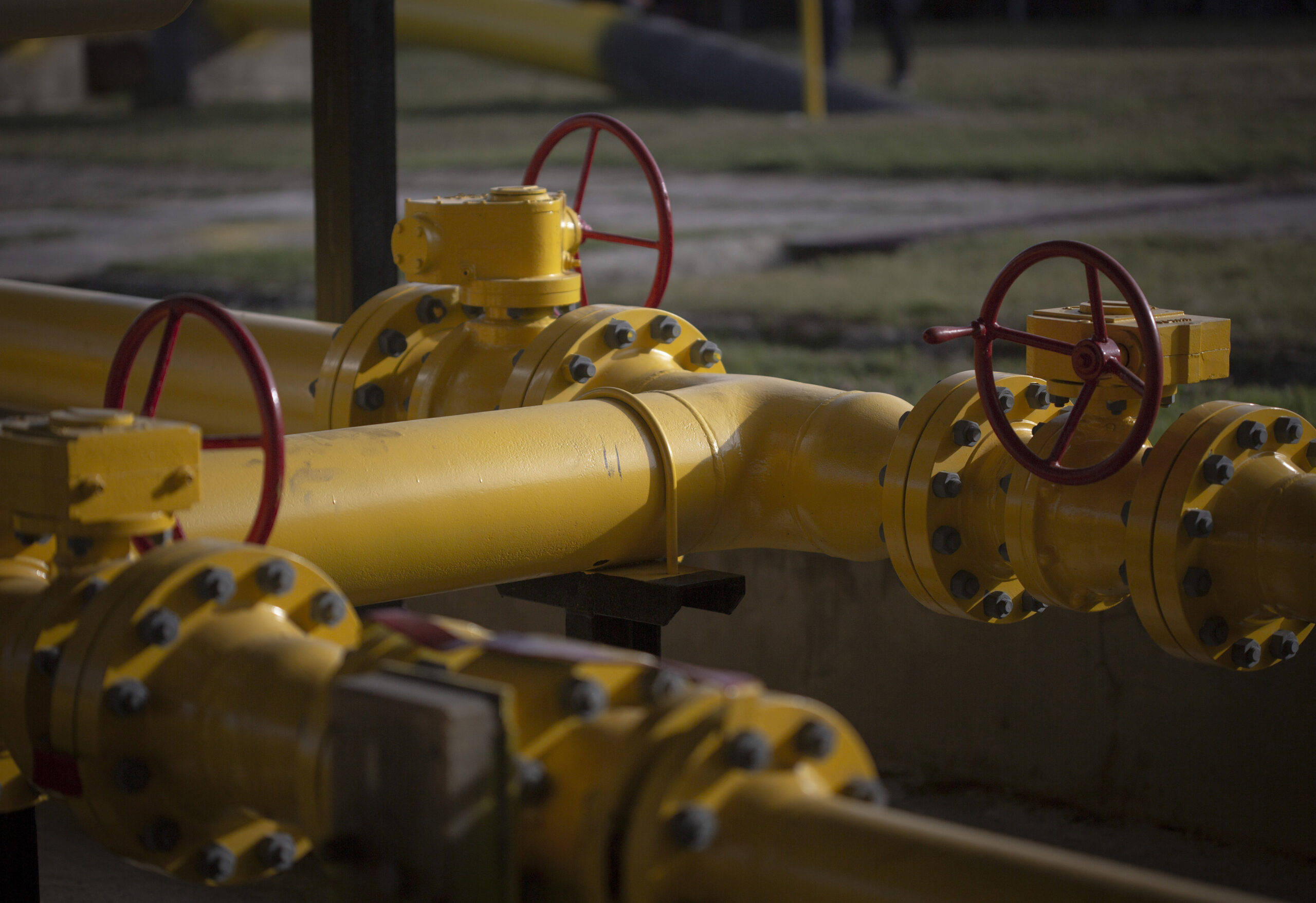Rising gas and electricity prices will probably contribute to hardship in many European countries this winter.
This assessment was issued to clients of Dragonfly’s Security Intelligence & Analysis Service (SIAS) on 29 September 2021.
This is particularly in Italy, the Netherlands and the UK, where gas makes up a big share of their energy consumption, as well as Bulgaria and Greece, where energy poverty rates are high. Most European countries have announced measures to curb electricity bills and prevent outages, however. So we doubt that rising gas prices will lead to widespread unrest in the coming months.
A 250% rise in benchmark European gas prices this year appears to be due to a combination of factors that are unlikely to ease anytime soon. Energy supply stocks are at their lowest levels across Europe in the past five years due to lower-than-usual temperatures and supplies of gas from Russia failing to keep up with demand. Added to this are high EU carbon prices, maintenance work at facilities in Europe, and high demand for liquified gas from Asia. The operational implications of this range from outages and increased costs for businesses to price hikes for consumers and the risk of unrest.
There are two main groups of countries in Europe that we assess are most vulnerable to gas price rises. The first includes countries whose energy consumption largely relies on gas. Based on the latest available Eurostat data, natural gas makes up almost 40% of gross energy consumption in Italy, the Netherlands and the UK. This is the highest share in the region. Business associations in these countries have warned in recent weeks of the negative impact that gas price rises will have on their companies as well as consumers.

The second group includes countries, mainly in the Balkans, with high energy poverty rates. This refers to the share of the population that cannot secure an adequate energy supply. Bulgaria and Greece are particularly vulnerable in this sense, in our analysis. Although their consumption of natural gas is relatively low (around 15%), they have the highest percentage of the population in the EU reporting arrears on utility bills (30-35%).
Although there is no consistent data on non-EU countries in the Balkans, UN studies report that around 16% of people there are exposed to energy poverty. Low consumption of gas (less than 10% except in Serbia) makes shocks in utility bills in these countries unlikely.
Rising energy prices are likely to add to socio-economic grievances in most European countries, where economic recovery from the Covid-19 pandemic is still underway. Government furlough schemes and other financial support programmes are due to expire in most states in the coming months or even weeks, like in France and Italy. Most governments have repeatedly extended such schemes over the past year. But their concerns over record-high public debt make at least some countries, such as the UK, unlikely to do so again.
The rise in gas prices will probably not translate into widespread unrest, however. Those countries that are more reliable on gas consumption have announced measures to mitigate this. These include caps on gas prices, incentives to energy firms to keep prices down and providing loans or subsidies for businesses and low-income households. While such measures will probably shield people from the rise in gas prices to some extent, we still assess that hardship protests are reasonably possible in most countries in the coming months.
Image: Pipework and valve wheels at a gas storage facility. Photo by Oliver Bunic/Bloomberg via Getty Images.




